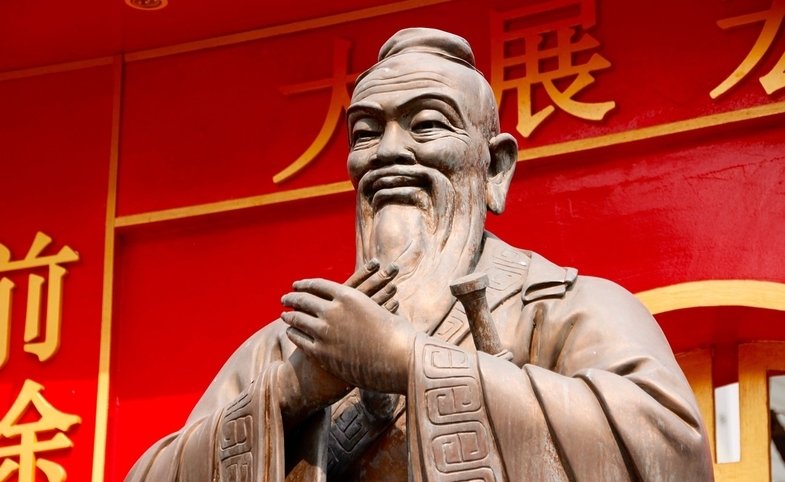
China’s Soft Power Shift: From Confucius Institutes to Global South Influence — A Hidden Threat to the United States
China’s soft power strategy is undergoing a dramatic transformation. Once symbolized by the spread of Confucius Institutes across Western universities, Beijing’s approach has shifted toward the Global South — a move that may seem benign but carries serious risks for the United States and its allies.
Over the last decade, Confucius Institutes faced closures across the United States, Australia, and Europe. Concerns about academic freedom, foreign influence, and propaganda undermined their credibility, while demand for Chinese language study in the West declined. In Washington and other Western capitals, China’s “tell China’s story well” initiative has been met with skepticism.
But this decline in the West should not be mistaken for retreat. Instead, Beijing has recalibrated. Under the 14th Five-Year Plan and its broader Education Modernization 2035 blueprint, Confucius Institutes have been deprioritized at home while resources were redirected to cultural tourism, scholarships, and influence campaigns in Asia, Africa, and Latin America.
In Latin America and Africa alone, there are now more than 100 active Confucius Institutes. Beijing offers scholarships, subsidized tuition, and training programs that attract thousands of young students each year. These students often feed into Chinese state-owned enterprises or Belt and Road projects, reinforcing local dependence on Beijing’s economic and political ecosystem.
For many Global South governments, China presents itself as a partner that “does not dictate terms” like Western colonial powers once did. This narrative of a “community of shared destiny” has resonated strongly — not because of cultural admiration, but because Beijing strategically positions itself as an alternative to U.S.-led development models.
The danger is clear: as China builds cultural, educational, and economic ties with emerging economies, it secures long-term political loyalty and access to critical markets and resources. These relationships can be leveraged against U.S. interests — whether in UN voting blocs, trade negotiations, or security partnerships.
Educational programs are no longer just about language classes or cultural dances. They are pipelines of influence, producing elites in developing countries who have studied in China, learned its narratives, and often go on to work with Chinese firms. In time, this could shape foreign policies that align with Beijing’s ambitions — from Africa’s mineral supply chains to Latin America’s infrastructure networks.
For the United States, the rise of Chinese influence in the Global South is not just a cultural competition; it is a geopolitical challenge. If left unchecked, Beijing’s soft power machine could erode U.S. partnerships, weaken support for democratic governance, and tilt global institutions toward Chinese preferences.
Confucius Institutes may be fading in America and Europe, but China’s playbook has evolved — and it is finding fertile ground in regions where Washington cannot afford to lose strategic footholds.